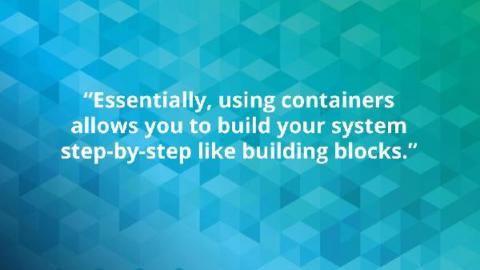Operations | Monitoring | ITSM | DevOps | Cloud
Latest News
Situation Room: On-Call Team Faces Worst Case of Sunday Scaries
8 DevOps Best Practices for a High-Performance Team
You Do the Math: Reliability Issues Triggered by Math Errors
Even seemingly minor math bugs in software code can have outsize consequences.
Self-Compassion Instead of Self-Blame
Making Your On-call and Incident Management Program Stick
Maintenance of your incident management practice is as important as creation - find out what you can do to keep your engineering organization strong and consistent year over year.
DevOps & SRE Words Matter: How Our Language has Evolved
Getting Started with Site Reliability Engineering
Site Reliability Engineer (SRE) is one of the fastest growing jobs in tech, with Linkedin reporting 34% growth YoY in 2020 and over 9000 openings in their Emerging Jobs Report. If you’re new to SRE and exploring it as a career path, understand that it can be a challenging but rewarding experience. Here are some quick tips on how you can get started with SRE and jump-start a rewarding career.
How to Improve Upon Google's Four Golden Signals of Monitoring
The Four Golden Signals of monitoring and observability get a lot of things right. But they could be even better.











